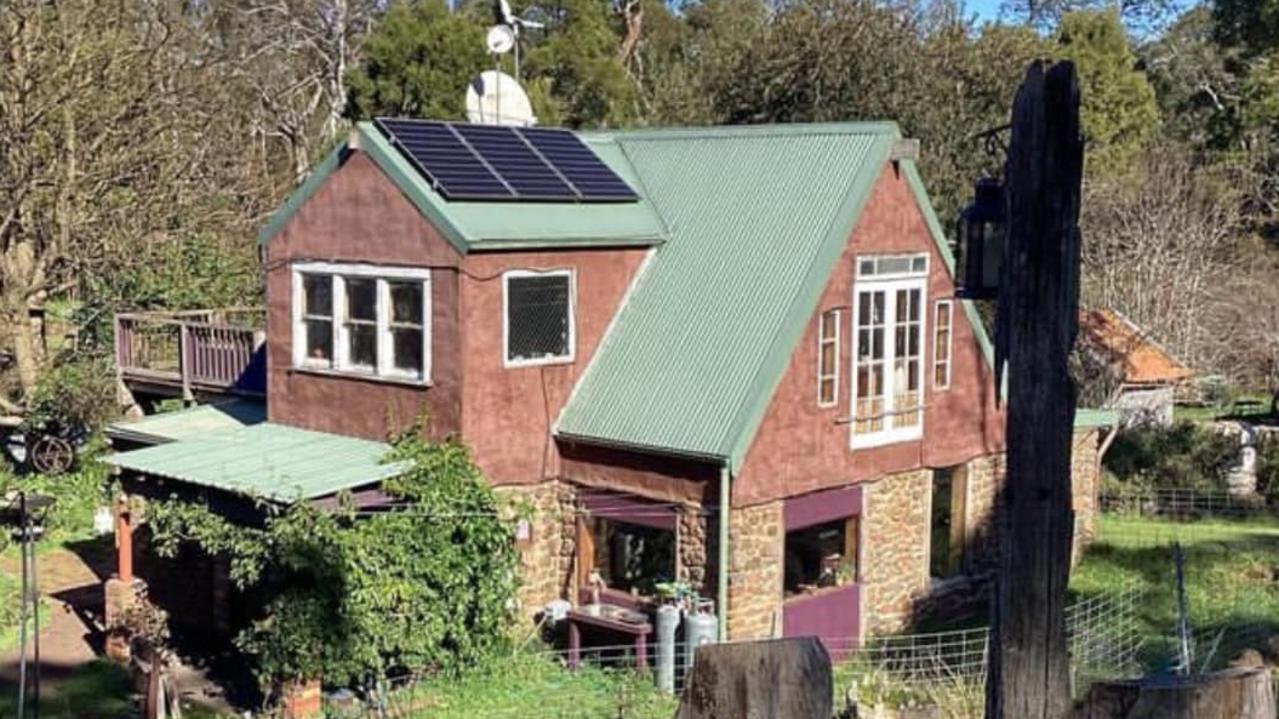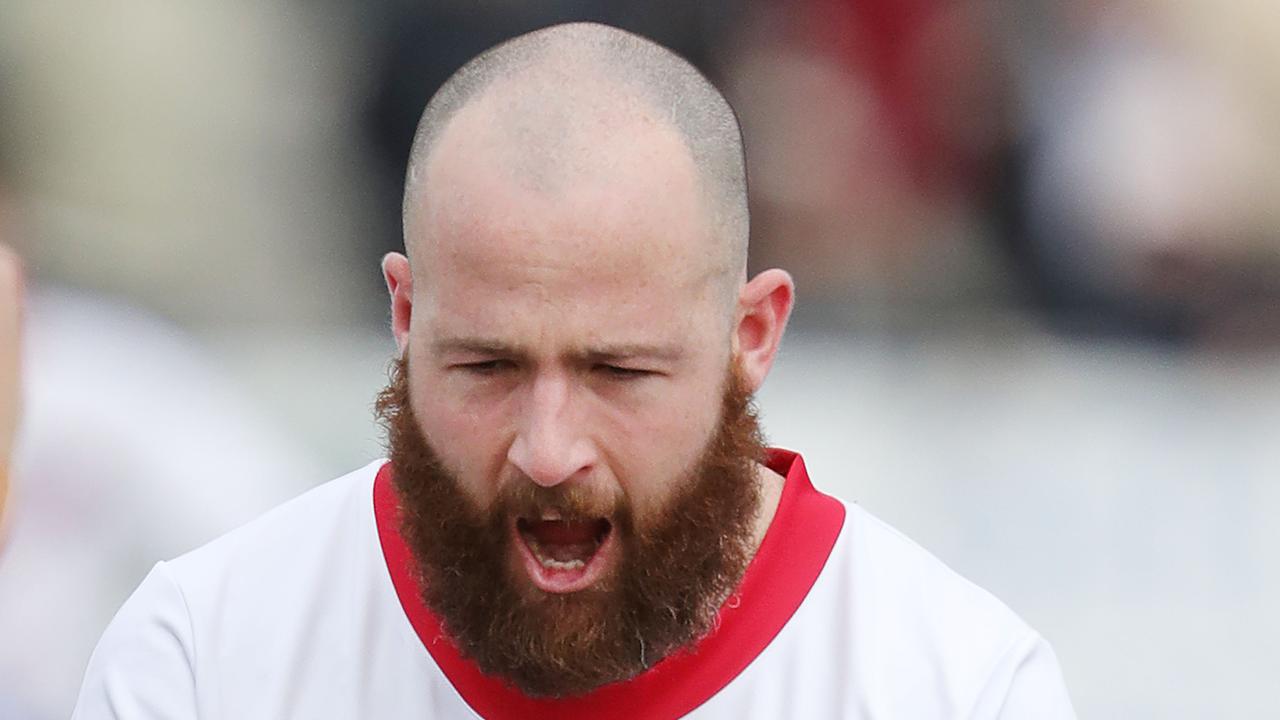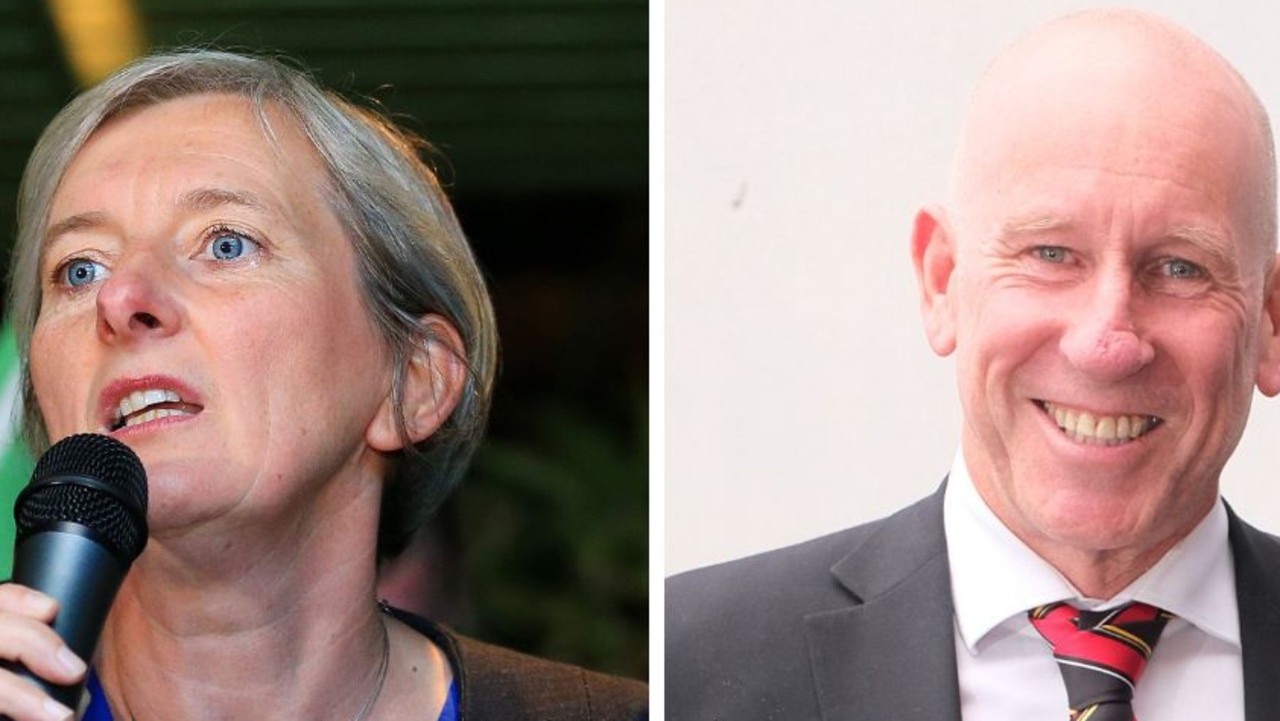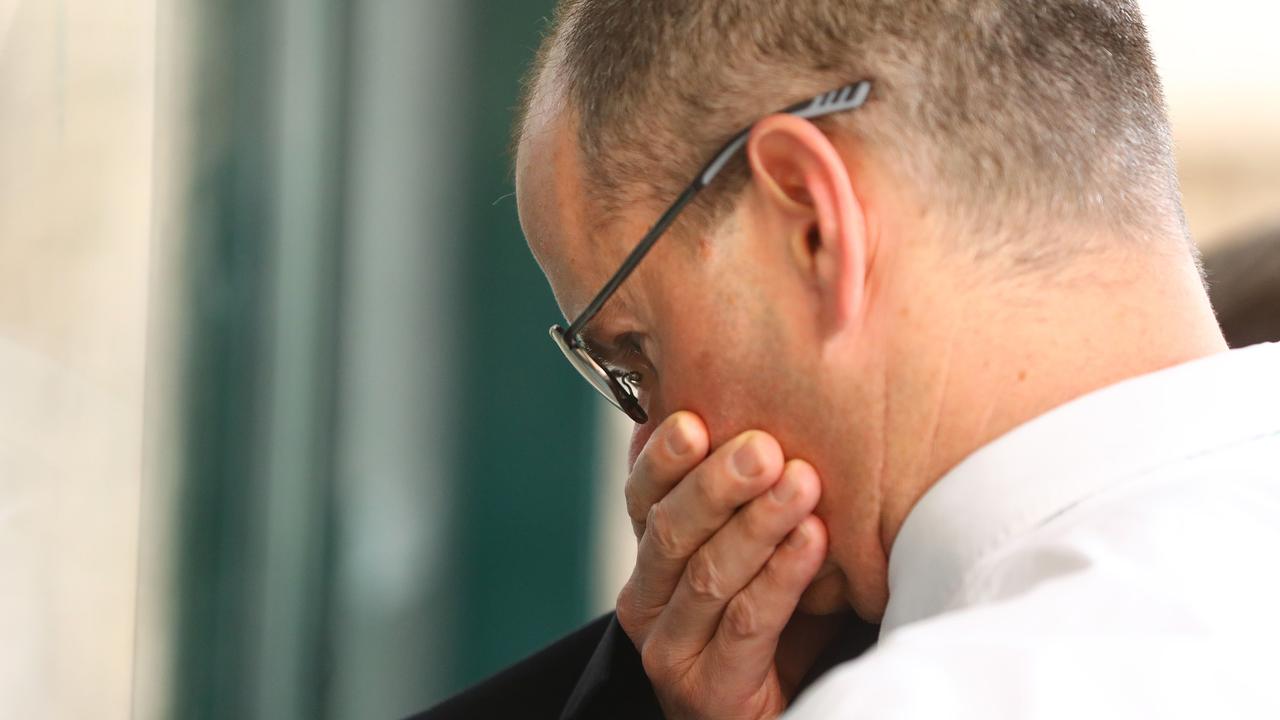Parasite gastro continues to surge in Geelong, investigations under way
A nasty bug that has shut aquatic facilities continues to spread in Geelong, with investigations into the outbreak under way.
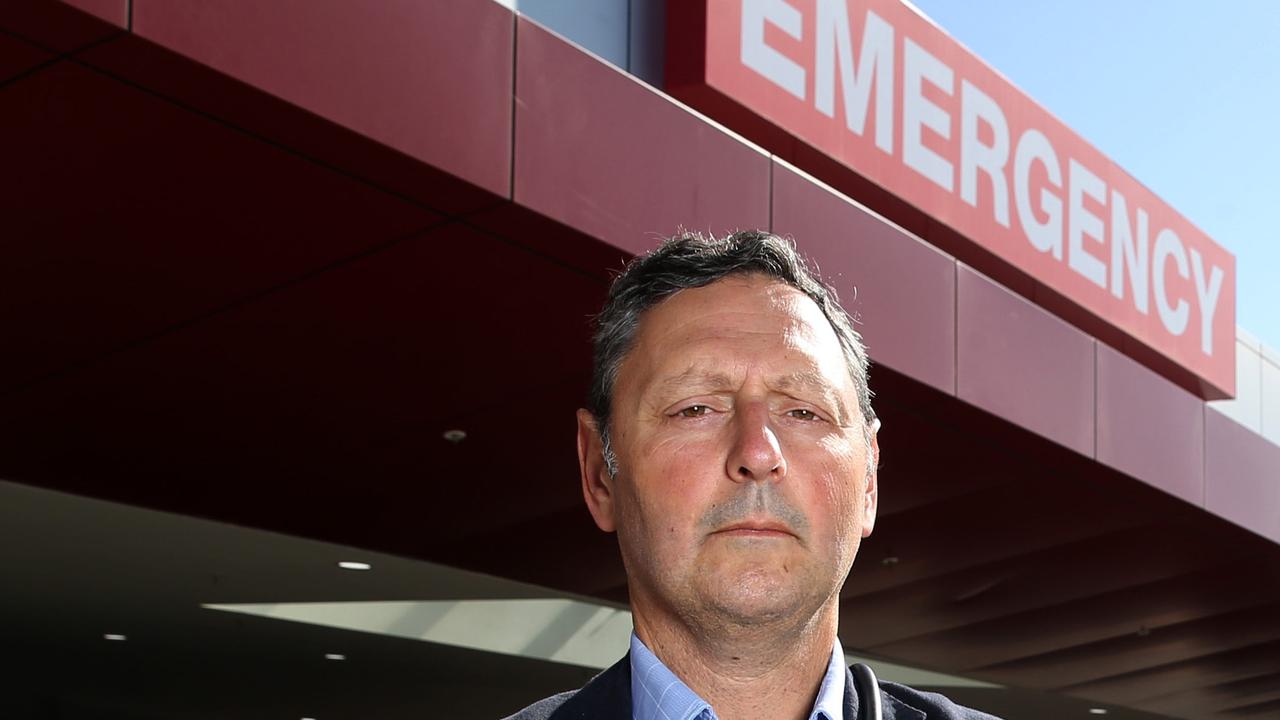
Geelong
Don't miss out on the headlines from Geelong. Followed categories will be added to My News.
The region’s public health unit is working with the health department and council to investigate a spike in a gastric illness caused by a parasite in the Greater Geelong area.
Aquatic facilities at Leisurelink in Waurn Ponds temporarily closed in December and again on Australia Day after people infected by cryptosporidium visited.
Parasite cryptosporidium, also known as ‘crypto’, causes diarrhoeal illness known as cryptosporidiosis and is very tolerant to chlorine disinfection.
Greater Geelong has already recorded 18 cases of cryptosporidiosis so far this year.
There were 59 cases across 2023, and 25 the year prior, according to health department figures.

Barwon South West public health unit director Eugene Athan said most people with cryptosporidiosis had been well enough to recover at home.
“However, some people have presented to emergency departments for assessment and treatment, with a small number being admitted to hospital,” he said.
He said public health unit staff had interviewed people with cryptosporidiosis to determine where they may have acquired their infection.
“The investigation has found that several people with cryptosporidiosis attended public swimming pools, whilst others had no links to swimming pools,” he said.
“Cryptosporidiosis can be transmitted in many ways, including from contaminated food and water as well as contaminated swimming pool water.
“Cryptosporidiosis can be transmitted from person to person or from animal to person.”
City of Greater Geelong acting executive director city life Amanda Locke said all its indoor swimming facilities used a secondary filtration process using ultraviolet light, which was proved to remove cryptosporidium oocysts.
Oocysts are shed in the faeces of people infected with the parasite.
“We service and maintain these units in excess of the manufacturer’s specification,” Ms Locke said.
She said the city’s leisure and recreation and environmental health staff were in regular contact with the state health department’s water unit.
“As we have seen in recent weeks at Leisurelink, the department may direct us to undertake hyperchlorination if people with crypto are confirmed to have visited our pools,” Ms Locke said.
“This is a precautionary measure and involves raising and holding the chlorine levels above safe swimming levels for a period of time, requiring us to close the facility while the process is carried out.”
“We appreciate the understanding of pool users while these service disruptions have occurred.”
Prof Athan said people should follow these swimming steps:
SHOWER and wash with soap, especially your bottom, before swimming;
WASH your hands with soap after going to the toilet or changing a nappy;
CHANGE nappies in nappy change areas only;
AVOID swallowing pool water; and,
DO not swim if you have diarrhoea or have had diarrhoea in the past two weeks.
More Coverage
Originally published as Parasite gastro continues to surge in Geelong, investigations under way



